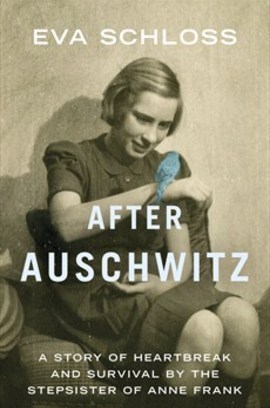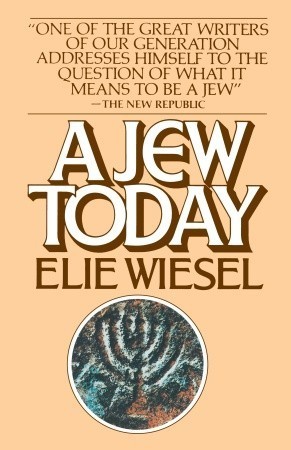
The Sunflower: On the Possibilities and Limits of Forgiveness
Book Description
A dying Nazi soldier pleads for forgiveness from a Holocaust survivor, igniting a profound moral dilemma that reverberates through time. "The Sunflower" explores the delicate threads of mercy, guilt, and the haunting legacy of violence. Wiesenthal grapples with the limits and possibilities of forgiveness, challenging the reader to confront their own beliefs. As he navigates this harrowing landscape of moral choice, questions about accountability and redemption surface like a dark tide. When faced with the ultimate act of forgiveness, what would you choose? Can compassion be extended to those who have committed unspeakable atrocities?
Quick Book Summary
In "The Sunflower: On the Possibilities and Limits of Forgiveness," Simon Wiesenthal describes his harrowing experience as a concentration camp prisoner confronted by a dying Nazi soldier, Karl, who asks for his forgiveness for crimes committed against Jews. This personal encounter prompts Wiesenthal to deeply examine the moral complexities surrounding forgiveness, justice, and human responsibility. Through his memoir, Wiesenthal not only recounts the incident and his own response but also invites reflections from thinkers of diverse backgrounds, each grappling with whether forgiveness is possible or even permissible. The book becomes a profound meditation on the intricate relationship between victim and perpetrator, the legacy of atrocity, and the ethical boundaries of compassion and reconciliation.
Summary of Key Ideas
Table of Contents
The Moral Complexity of Forgiveness
Simon Wiesenthal recounts his time as an inmate in a Nazi concentration camp during World War II, when he is summoned to the bedside of a mortally wounded SS officer. The Nazi, Karl, confesses his crimes against Jews—including the murder of an entire Jewish family—and begs Wiesenthal, as a representative of his faith and people, for forgiveness. Wiesenthal is gripped by an unimaginable moral test, torn between empathy for a dying man and horror at unforgivable atrocities. His silence in response becomes a central moment, setting the stage for philosophical and ethical examination throughout the memoir.
Justice versus Mercy in Times of Atrocity
Wiesenthal’s experience stirs powerful questions about the moral boundaries of forgiveness. Is it possible, or even right, for anyone to forgive on behalf of others, especially the dead? The narrative scrutinizes the legitimacy and limitations of individual and collective forgiveness, particularly in the context of incomprehensible crimes like the Holocaust. Wiesenthal’s personal struggle becomes emblematic of the larger human dilemma: whether mercy can overcome justice and how victims and survivors grapple with the need for both memory and closure.
Responsibility of the Living towards the Dead
The book extends beyond Wiesenthal’s story by including a symposium of diverse voices from philosophers, theologians, political leaders, and Holocaust survivors. These commentators grapple with the question Wiesenthal posed to them: what would you have done in his place? Their varied responses illustrate the complexities of moral reasoning and provide viewers with historical, religious, and ethical perspectives on forgiveness. Some stress the necessity of justice, others highlight the power or limits of compassion, and a few argue that only the actual victims can forgive their tormentors.
The Burden of Memory and Guilt
The legacy of violence, guilt, and memory threads through the entire narrative. Wiesenthal explores the psychological and emotional toll that both survivors and perpetrators carry. The burden of memory—of unspeakable suffering and enormous loss—shapes the conversation about accountability and healing. The book exposes how the aftermath of atrocity leaves wounds that often surpass the reach of any act of forgiveness, forcing society to confront not just historical facts, but also the enduring effects on individual and collective conscience.
The Role of Religion and Philosophy in Forgiveness
In the end, "The Sunflower" becomes a catalyst for readers’ own reflection. Wiesenthal intentionally leaves the central question unresolved, challenging readers to consider their own values and the nature of reconciliation. The blend of memoir, ethical inquiry, and interfaith dialogue forces an honest confrontation with the extent of human empathy and the search for justice after unimaginable evil. The book does not offer clear-cut answers, but encourages ongoing discussion and self-examination about the ultimate possibilities and boundaries of forgiveness.
Download This Summary
Get a free PDF of this summary instantly — no email required.





